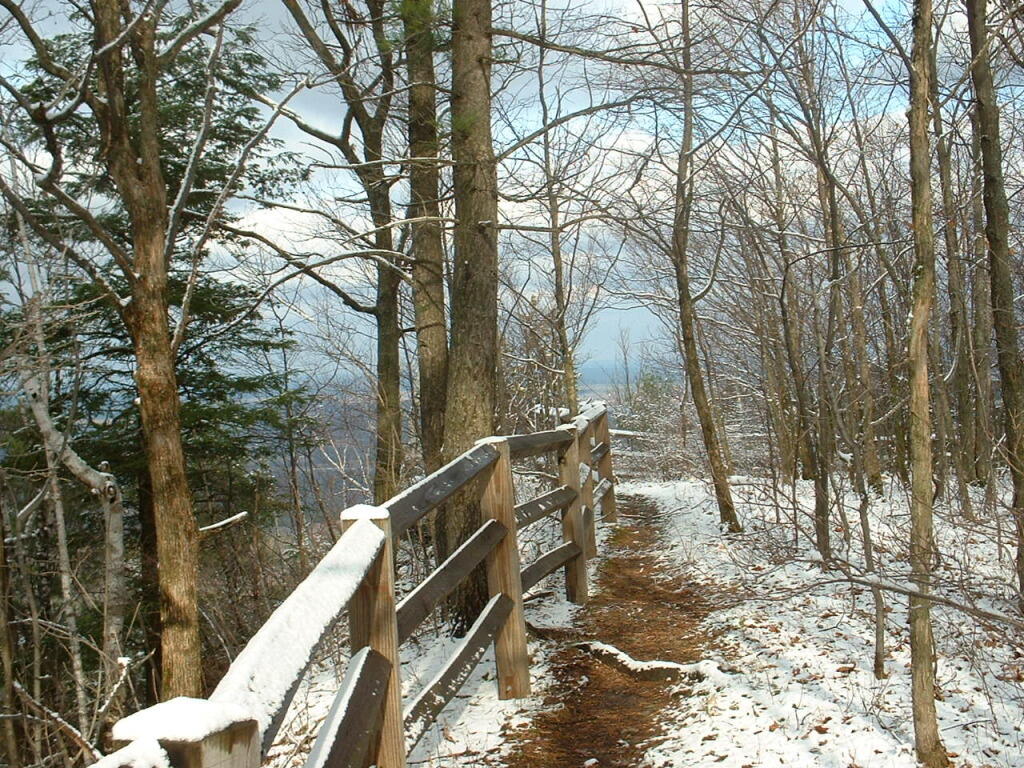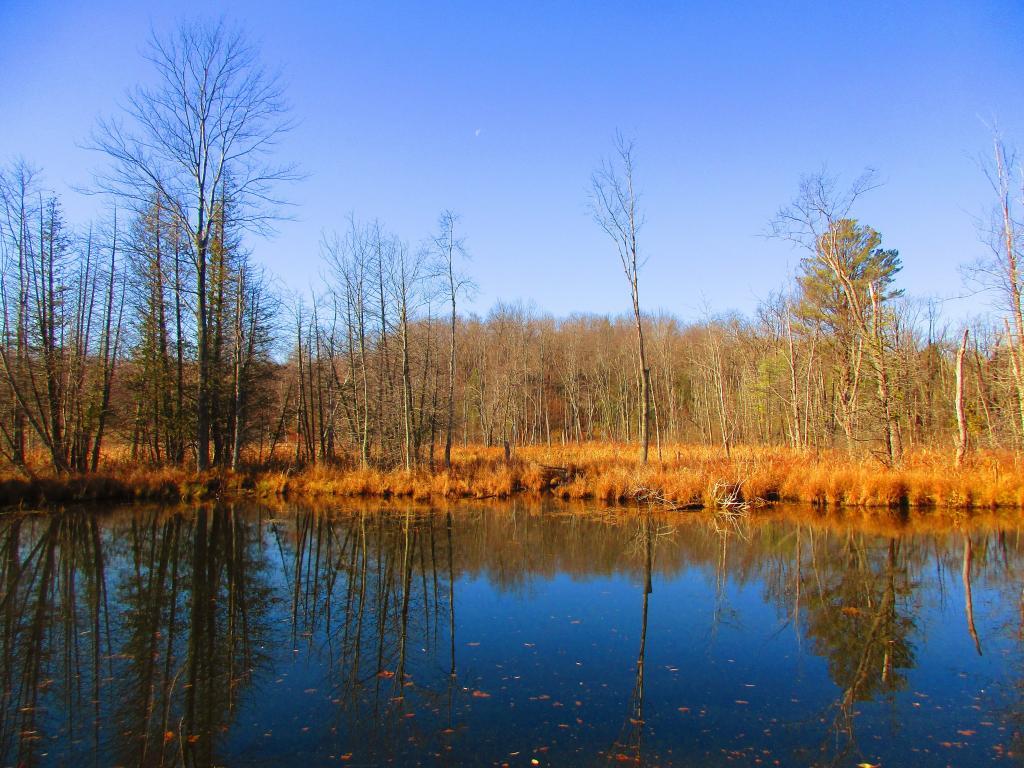Autumn really has its finest colors not when the leaves are still on the trees but in November when the sun angle is low, the skies are blue and crisp. The fading greens of the farm fields below, the smell of wood smoke and pungent manure on the farm fields.
Seasons
How Long Do You Plan to Stay Here Joe.
“Tell me how long you plan to stay here Joe,
some people say that this town don’t look good in snow.
You don’t care, I know.“
It is a life goal of mine to eventually get out of New York State in search of greener pastures, where the winters aren’t as cold, the taxes are lower, the regulations are less zealous. Certainly it would be nice to have winters that are less harsh, but honestly having a place with a good woodstove and snowmobiles make it a little less harsh, although I still hate driving on icy roads in the winter.
But it’s not going to happen next week. I plan to stay in New York at least as long as I have family around, which is probably another 10-20 years. I can’t leave my elderly parents alone, especially as my sister has my niece to take care of and she lives over an hour away. They sometimes fall or need to be driven to doctor. And in New York, at least in the Capital Region, there are a lot of good jobs that just aren’t available in Rural America, were wages are lower and the work is generally harder. Albany is able to siphon quite a bit of wealth off America’s biggest city and if you can live frugally, you can put it away for a better tomorrow.
The wind is cold and harsh. Your dress shoes and pants gets covered with road salt, the days are short and gray. Road salt covers your car or truck, burns holes in the sheet metal and corrodes everything up. The best roads to backcountry are blocked off by the snow, although you have question whether or not you would want to camp in the cold and dark nights of winter. But it’s good, I stay home, I save and invest for a better tomorrow. Heating bills may be high, but their offset by lower fuel and supply bills from road trips.
NPR
When the driest place in North America and one of the hottest places on Earth becomes a desert oasis complete with a lake, it's impossible not to take note.
Average Days with More then 6 Inches of Snow, by Decade
The Highwayman – YouTube.
With Halloween coming and the spooky full moon tonight, this song seemed perfect.
November is my favorite time of the year 🦃
November is my favorite time of the year 🦃
If you ask most people, outside of the most dedicated deer hunters, probably November wouldn’t rank on their short list of the best months of the year. But it really is my favorite.
November is that time of year typically before snow is on the ground and things are icy and slippery. It’s a time when the leaves are off the trees and the woods lays bare for all to see. Wildlife is busy gathering food in preparation for the long winter ahead – or simply heading south as is the case with the birds and geese.
The trees gone bare reveal many a vista hidden by the leaves of summer. You can see contours of the woods once hidden, the old farm garbage dump in the gully. The deer are in their rut, carelessly wandering around the woods mostly looking for does to impregnate. The air has such a nice cool but refreshing feel. It’s so nice to be able to put that vest back on again.
With colder weather upon us, folks fire up their woodstoves and outdoor wood boilers, giving small towns across the area that very homey back woods smell of wood smoke. Farmers who have harvested their crops are busy applying manure, hoping to fertilize the ground before its frozen. It can be tangy and pungent but it’s part of the season.
I like the cool long nights of November in the woods. I like wearing my vest, sitting down by the campfire. I like how quiet the woods is, the starry nights that start early and how the moonlight shines through the trees. Or the deep blue skies and the browns and grays of the autumn months.
Phil Ochs – The Highwayman
With halloween a little over a week and a half away, this song seems appropriate.

